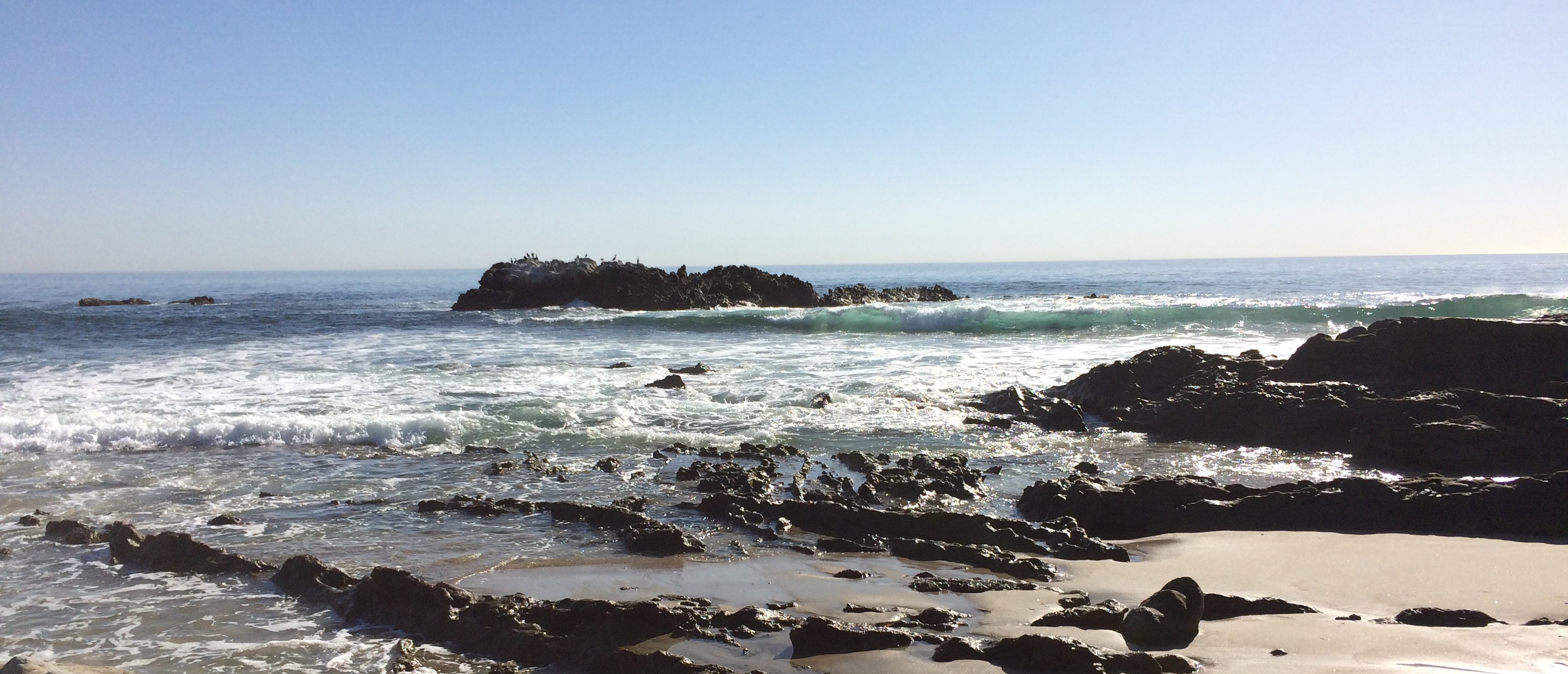In 1980, I voted for John Anderson in my first presidential election. I was a registered Democrat and felt that Jimmy Carter was an honorable man but an ineffective president. Anderson, a liberal Republican running as an Independent, offered a refreshing choice. Forty-four years later, I still feel good about that vote.
Young people should feel good about voting in their first election. In 2004 I served on an interfaith panel at a nearby college. A Jewish student said that his family told him he was stupid for voting for George W. Bush and asked the rabbi on the panel what he thought. The rabbi gave a rambling reply that never really answered the question. Knowing the student to be thoughtful about both politics and his faith and that he was casting his first presidential vote, I said, “If you have examined the issues that matter to you and think that Bush can best address them, then you should vote for him. The only stupid vote is the one you don’t cast.”
Most of the students I worked with as a college chaplain took part in their first elections while in college. I cast my own primary vote in 2008 for Barack Obama over Hilary Clinton, largely because of how fired up young people were about the charismatic junior senator from Illinois. Fewer 18-29 year olds vote than any other age group, and they will long remember that their votes helped to elect our first president of color.
Energizing young voters is reason enough for Joe Biden to end his presidential run. He has already lost many of them because of his staunch support for Israel, and Biden’s insistence that he can still beat Trump rings hollow to voters who are three generations younger than he is. Given the choice of two elderly men, many young voters will sit this one out.
They have not lived through close elections like 2000, when a few hundred highly contested votes separated Al Gore and George W. Bush, and the US Supreme Court ultimately called the election for Bush. In critical swing states, every vote does matter, and refusing to vote for either candidate has consequences.
Young people may be attracted by a third party candidate, as I was in 1980. At age 70, Robert Kennedy Jr. seems positively youthful by comparison to the major party candidates. But such a vote could also skew an election that is as close as 2024 seems at this point.
As disillusioned as young people are right now, we need to talk with them about the importance of this election in preserving democracy and taking advantage of an ever shrinking window in which to avoid catastrophic climate change. Donald Trump has made it clear what he intends to do in a second term, and he has effectively controlled the judicial and legislative branches, negating the system of checks and balances that could curb executive action.
Third Act, a group of 60+ adults addressing climate and democracy, encourages elders to help register seniors in high school to vote through their Senior-to-Senior program. In addition to helping them register, we can talk with young people about the importance of voting and work with them to make sure they can get to the polls.
I find myself wondering how I can encourage young people to vote for a candidate I’m not excited about myself. My grandmother used to say that when two SOB’s are running for office, you may as well vote for your own SOB. Joe Biden is far from an SOB, and if he is the Democratic candidate, I will vote for him. There is too much at stake.
But he has surpassed the age when most people retire, and the American presidency is the most demanding job in the world — one that requires extraordinary focus and stamina every day. As a former president, he can bring the wise counsel born of his years in elected office to help guide a younger candidate. In stepping aside, he clears the way for a candidate who can energize and mobilize young voters, who could be the key to securing our – and their – future.


Well thought out and nicely crafted.